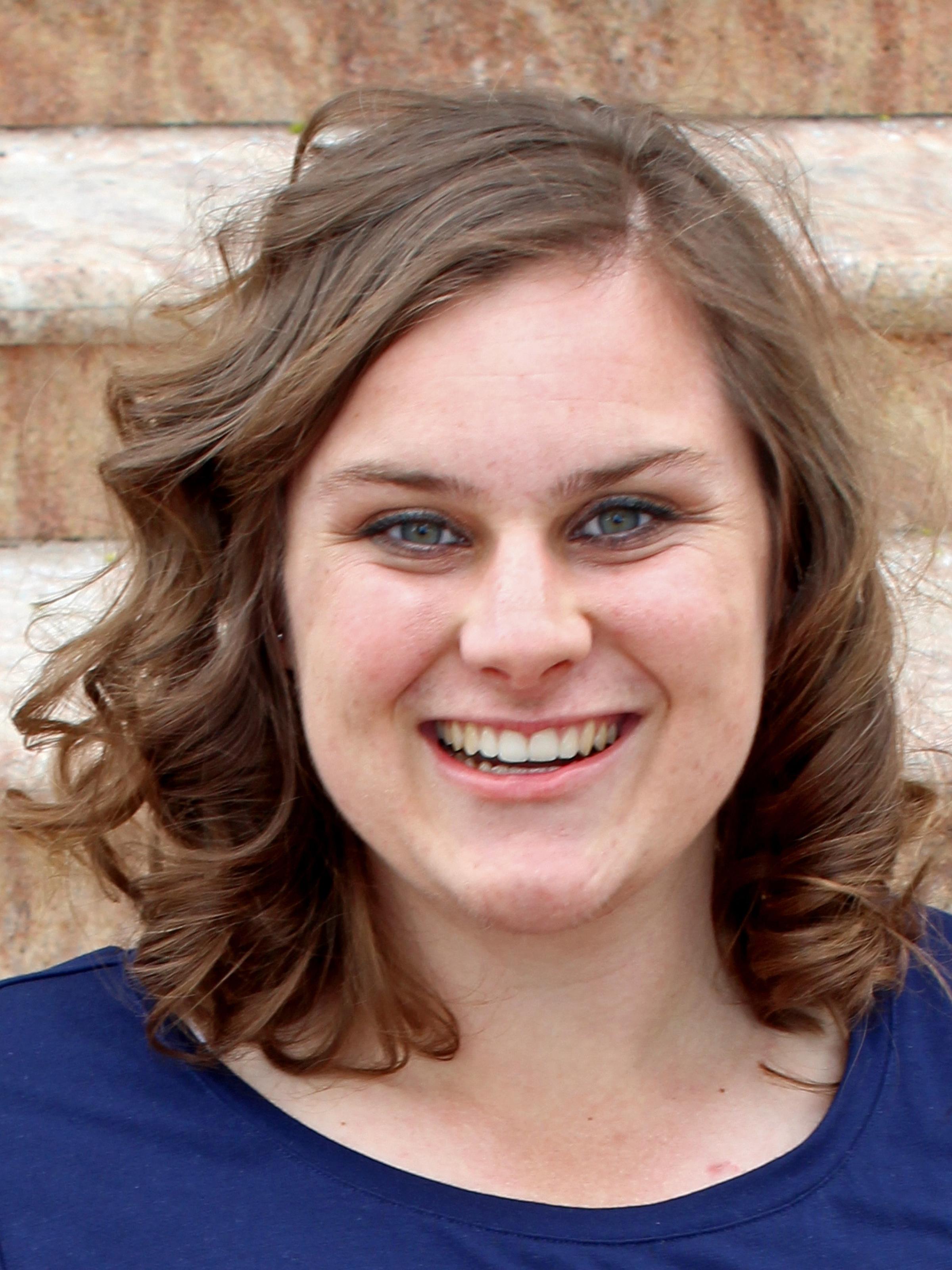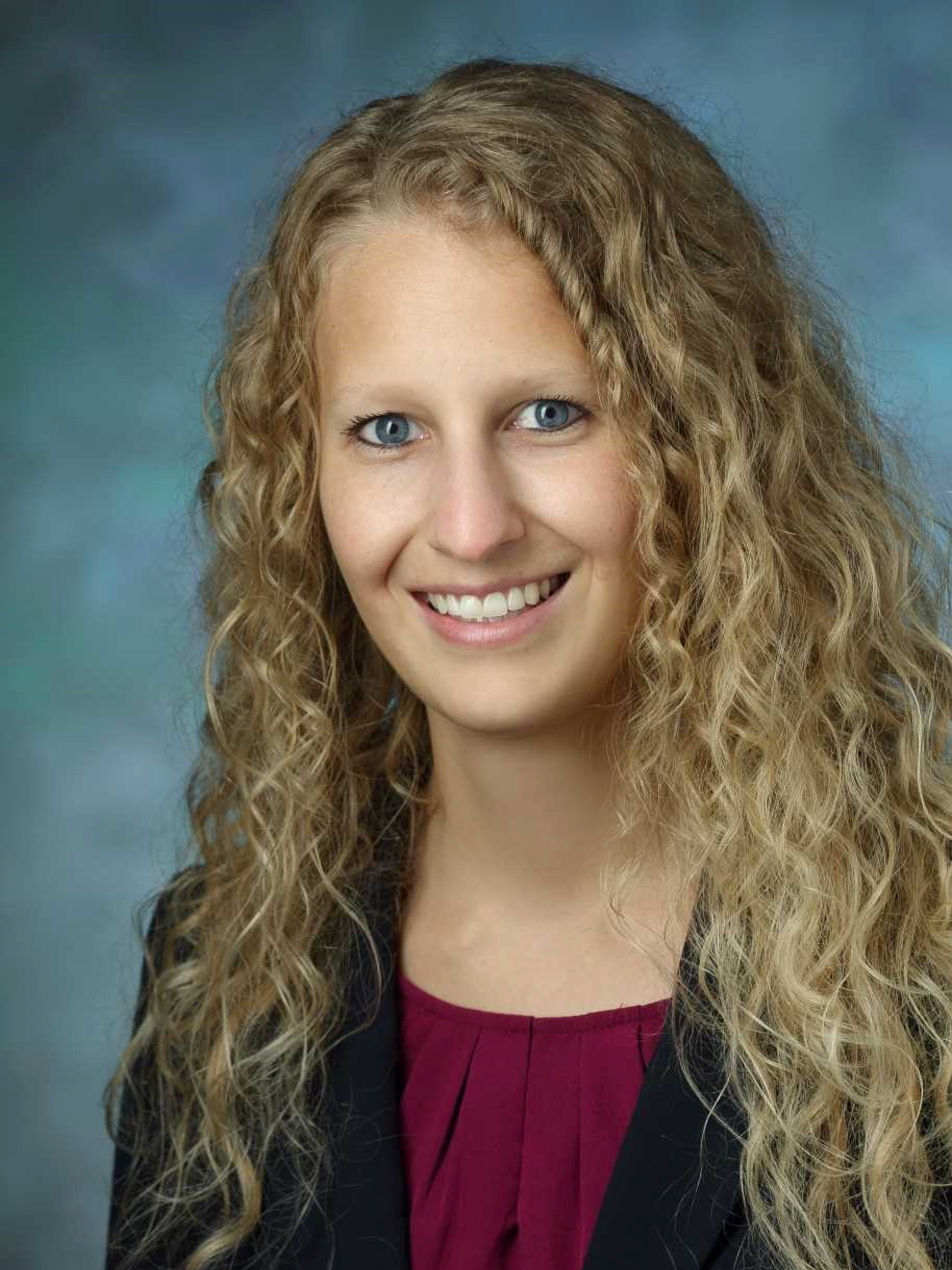
This program early-committed and is not recruiting at this time.
About this PGY2 Pharmacy Residency Program
The University of Utah PGY2 ambulatory care residency program has been ASHP-accredited since 2013. The residency program develops clinically strong practitioners with the skills necessary to develop a patient-centered pharmacy practice in ambulatory care. Residents will gain skills needed to provide education to patients, pharmacy students, physician assistant/medical students, primary care medical residents, and other health care professionals.
Pharmacists and pharmacy technicians are embedded in primary care and specialty clinics. The PGY2 resident will spend most of their residency embedded in primary care clinics for a continuity experience. The longitudinal nature of the program allows the resident to develop long-term relationships with patients and the interdisciplinary team. The resident will also spend one-half day per week for 24 weeks of the year in two elective ambulatory care clinics. Each elective experience will be up to 12 weeks in length, and the resident will select the electives that are the best fit to their customized training plan. The resident’s program will be individualized based on his or her previous experience. Residents are required to be involved in structuring their experience by helping the residency director schedule rotations and decide on projects and electives.
Residents will have opportunities to interact with other pharmacist groups in the health system. This may include: 1) Specialty Clinics: pharmacists and pharmacy technicians providing care in specialty areas (cardiology, pulmonology, neurology, infectious disease, etc) 2) Pharmacy Ambulatory Care Support Services center: pharmacists and pharmacy technicians providing refills, prior authorization services and specialty pharmacy support 3) Thrombosis Service: pharmacists and pharmacy technicians providing thrombosis care through referral.
Purpose
Our PGY2 pharmacy residency programs build on Doctor of Pharmacy (PharmD) education and PGY1 pharmacy residency training to develop pharmacist practitioners with knowledge, skills, and abilities as defined in the educational competency areas, goals, and objectives for advanced practice areas. Residents who successfully complete our PGY2 residency programs are prepared for advanced patient care or other specialized positions, and board certification in the advanced practice area, if available.
Required Experiences
| Rotation | Jul | Aug | Sept | Oct | Nov | Dec | Jan | Feb | Mar | Apr | May | Jun |
|---|---|---|---|---|---|---|---|---|---|---|---|---|
| Orientation (4 weeks) |
X | |||||||||||
| Leadership/Medication-Use & Policy Longitudinal Experience (52 weeks) |
X | X | X | X | X | X | X | X | X | X | X | X |
| Presentations/Projects/Teaching Longitudinal Experience (52 weeks) |
X | X | X | X | X | X | X | X | X | X | X | X |
| Outpatient/Discharge Staffing Longitudinal Experience (48 weeks) |
X | X | X | X | X | X | X | X | X | X | X | |
| Primary Care I, II, III (16 weeks each) |
X | X | X | X | X | X | X | X | X | X | X | |
| Elective #1 (12 weeks or equivalent) |
X | X | X | |||||||||
| Elective #2 (12 weeks or equivalent) |
X | X | X |
Potential Elective Experiences (2 required)
Electives are 1/2 day per week x 12 weeks or the equivalent
- Rotation*
- ARUP Family Medicine & Occupational Health
- Heart Failure Clinic
- Neurobehavior HOME Program
- Pulmonary Clinic
- Thrombosis Clinic
*Other electives can be developed based on the resident's interests
Staffing
- Residents are scheduled an average of 32 hours per month. This typically consists of:
- One evening (1 x 4-hour shift, 17:00 – 21:00) per week at the University of Utah Hospital Outpatient Pharmacy.
- One weekend (2 x 8-hour shifts, 8:00 – 16:00) per month at the University of Utah Hospital on discharge pharmacist services.



PROGRAM DIRECTOR
Mikayla Mills, PharmD, BCACP
Clinical Pharmacist
University of Utah Health
Sugar House Health Center — Family Medicine
Mikayla.Mills@pharm.utah.edu
Bio
Mikayla received her Doctor of Pharmacy from the University of Utah. She completed PGY1 pharmacy residency and PGY2 ambulatory care pharmacy residency at the University of Utah Health. Mikayla worked as an ambulatory care clinical pharmacist at Intermountain Healthcare, before rejoining the team at the University of Utah Health. Mikayla is passionate about managing chronic disease states and working in interdisciplinary teams.
Outside of work she loves to travel, bake sweets, and spend time with her family.

PROGRAM COORDINATOR
Kristi Smith, PharmD, BCPS
Clinical Pharmacist
University of Utah Health
Madsen Health Center — Internal Medicine
Kristi.Smith@utah.edu
Bio
Kristi was born and raised in Colorado where she attended University of Colorado Skaggs School of Pharmacy and Pharmaceutical Sciences. She completed her PGY1 and PGY2 Ambulatory Care residency at The Johns Hopkins Hospital before moving to Utah.
In her free time, she enjoys traveling, hiking, paddleboarding, skiing and reading.